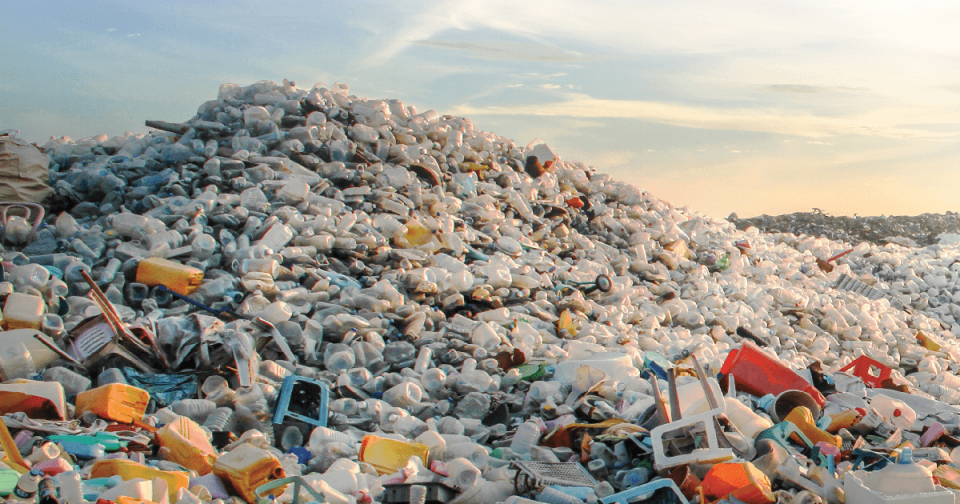Malaysia wants to phase out single-use plastics by 2030. Bioplastics may help achieve this goal. Malaysia’s ambitious roadmap to phase out single-use plastics by 2030 faces challenges such as food waste and rising prices. Bioplastics require careful development, management and disposal.
Traditional petroleum-based plastic packaging is strong, versatile and durable but cannot be fully recycled or biodegraded.
It contributes about 5.4% of the global food system’s greenhouse gas emissions, far more than any other part of the supply chain, including transportation. However, without effective packaging, food waste may increase. This is a big problem: Malaysia wastes 17,000 tonnes of food daily.
Every kilogram of food thrown into landfills produces the equivalent of 2.5 kgs of greenhouse gases. It allows policymakers to choose between the evils of plastic waste and food waste.
Malaysia’s roadmap encourages local industries to adopt biodegradable and compostable alternatives to plastics. These products are as effective as petroleum-based plastics in protecting food. Still, they are designed to degrade in a controlled environment with high temperatures and ample oxygen and require industrial composting.
Plastic alternatives that are not fully decomposed and composted end up in landfills, so their biodegradability must be verified to ensure they are not harmful to the environment.
Alternatively, a nationwide integrated waste management system must deal with plastic replacement waste. Plastic alternatives that are not fully decomposed and composted end up in landfills, so their biodegradability must be verified to ensure they are not harmful to the environment.
Current sustainable packaging alternatives are biodegradable polymers derived from natural resources (carbohydrates, proteins and fats) or synthesized from renewable materials (microbial production, plant biomass).
These biopolymers are safer alternatives for human health and the environment. However, the manufacturing cost of biopolymers is up to three times as high as conventional petroleum-based plastics, inhibiting the growth of the biopolymer market.
A research team from Monash University in Malaysia is working to produce affordable biopolymer films using renewable raw materials. Biopolymer-based packaging materials break down quickly without producing toxic compounds.
Cost and scale have hindered the widespread use of these materials, but biopolymers derived from natural resources could eventually become cheaper alternatives to plastics.
Malaysia has been slow to adopt biopolymer-based packaging. Evidence-based research and new products based on biopolymers are needed before plastic alternatives appear more frequently in the food industry.
- Waaree Energies Shares Soar 8% on Securing 170 MW Project
- Gland Pharma Shares Rally 5% on Securing USFDA Approval
- Reliance Power Shares Hit 5% Upper Circuit as Arm Secures Solar Energy Project
- Stocks in Focus: ONGC, Reliance Power, Tata Power and Others
- Stocks Under F&O Ban: Hindustan Copper, PVR Inox, RBL Bank, and Others
Support from manufacturers, suppliers and commercial operators is crucial if Malaysia is to achieve the goals of its roadmap by 2030. Industry can partner with governments, research institutes and universities to drive the growth of commercial products using biopolymers.




